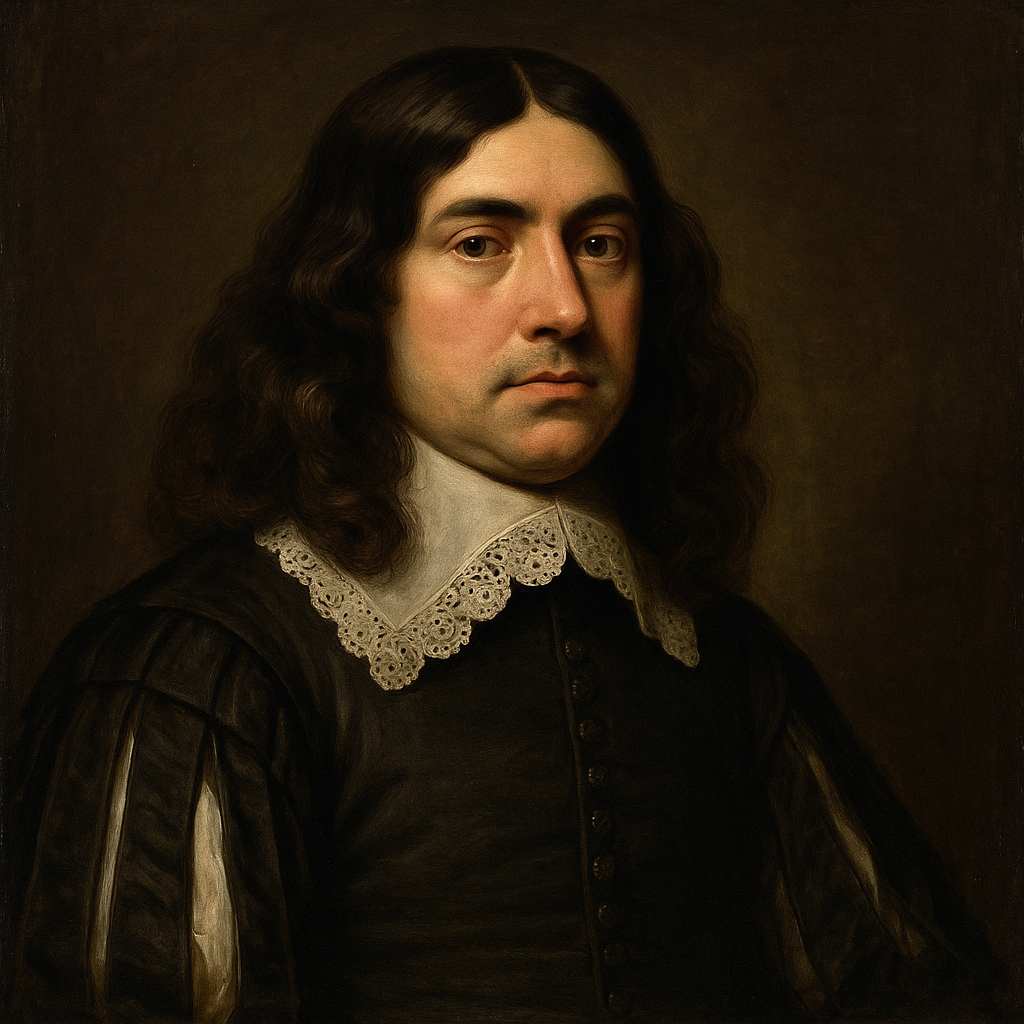The Mower's Song
Andrew Marvell
1621 to 1678

My mind was once the true survey
Of all these meadows fresh and gay,
And in the greenness of the grass
Did see its hopes as in a glass,
When Juliana came, and she,
What I do to the grass, does to my thoughts and me.
But these, while I with sorrow pine,
Grew more luxuriant still and fine,
That not one blade of grass you spied,
But had a flower on either side,—
When Juliana came, and she,
What I do to the grass, does to my thoughts and me.
Unthankful meadows, could you so
A fellowship so true forego,
And in your gaudy May-games meet,
While I lay trodden under feet,
When Juliana came, and she,
What I do to the grass, does to my thoughts and me?
But what you in compassion ought,
Shall now by my revenge be wrought,
And flowers, and grass, and I, and all,
Will in one common ruin fall;
For Juliana comes, and she,
What I do to the grass, does to my thoughts and me.
And thus, ye meadows, which have been
Companions of my thoughts more green.
Shall now the heraldry become
With which I shall adorn my tomb;
For Juliana comes, and she,
What I do to the grass, does to my thoughts and me.
Andrew Marvell's The Mower's Song
I am busy working to bring Andrew Marvell's "The Mower's Song" to life through some unique musical arrangements and will have a full analysis of the poem here for you later.
In the meantime, I invite you to explore the poem's themes, structure, and meaning. You can also check out the home page for other musical arrangements or learn more about Andrew Marvell's life and contributions to literature.
Check back soon to experience how "The Mower's Song" transforms when verse meets melody—a unique journey that makes poetry accessible, engaging, and profoundly moving in new ways.
Want to join the discussion? Reopen or create a unique username to comment. No personal details required!



Comments
No comments yet. Be the first to comment!